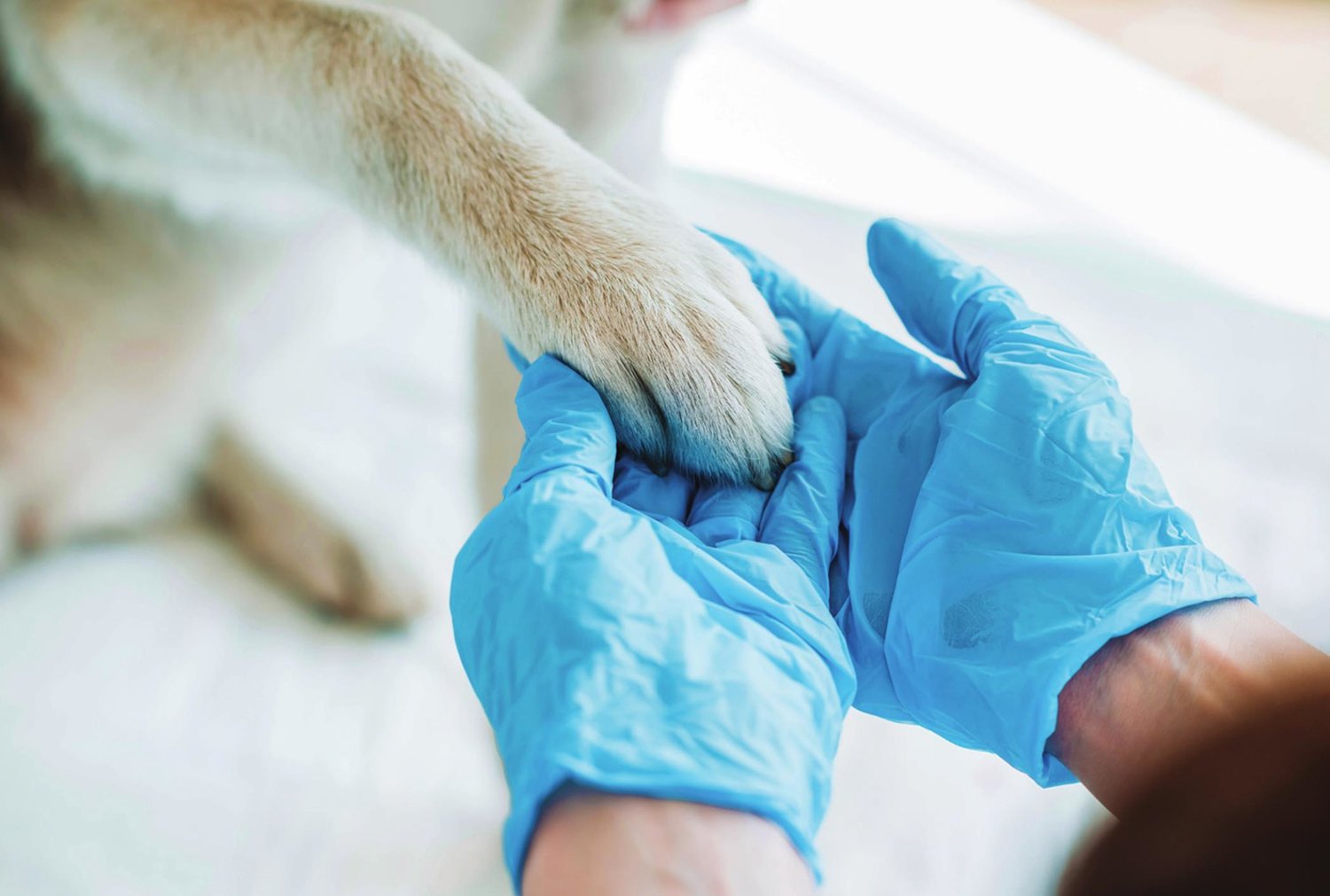Your pets need nurses, too
T his week we have been celebrating Veterinary Technician’s Week at our office.
Our veterinary technicians and veterinary assistance are a vital part of our practice along with our boarding …
This item is available in full to subscribers.
Subscribe to continue reading. Already a subscriber? Sign in
Get 50% of all subscriptions for a limited time. Subscribe today.
Please log in to continueNeed an account?
|
Your pets need nurses, too
This week we have been celebrating Veterinary Technician’s Week at our office.
Our veterinary technicians and veterinary assistance are a vital part of our practice along with our boarding staff and customer service representatives.
It takes a team working together to give our patients the best care possible.
What is a veterinary technician?
Veterinary technicians are animal nurses.
They monitor and care for all our patients.
They alert the doctors to any change in the well-being of our patients.
They are advocates for our patients.
To be a veterinary technician requires education.
Students go to school to obtain the knowledge and skills needed to handle their many daily responsibilities.
They graduate from an American Veterinary Medical Association (AVMA)-accredited college with an associate’s degree in veterinary technology.
The veterinary technician’s studies cover a wide range of topics, including:
• Animal anatomy and physiology
• Medical terminology
• Medical dosage calculations
• Animal handling
• Animal nursing
• Pharmacology
• Anesthesia
• Laboratory skills (looking at blood and urine samples, ear swabs, running lab test, etc.)
• Radiology (setting the machine correctly and then holding the pet for the x-ray)
• Surgical nursing
After completing an 18- to 36-month course, veterinary technicians must pass the Veterinary Technician National Exam (VTNE) to obtain a license.
What vet techs do
Although we do have highly trained veterinary assistants, many tasks are legally restricted to veterinary technicians who have the education and skills to provide a higher level of care.
At our office, our veterinary technicians:
• Anesthetize patients for surgery.
• Make sure IV catheters are placed.
• Oversee the anesthetic monitoring.
• Make sure the surgeon has everything he or she needs.
• Follow through on a proper recovery.
The staff monitoring of the patient is key to make sure everything goes smoothly from start to recovery.
Other veterinary technicians will be assisting the doctors in outpatient exams.
This includes getting a patient history, drawing blood for lab work, getting up the needed vaccinations or medications, helping hold your pet for the exam, and going over treatment instructions with the client.
Another may be checking prescriptions that need to be approved and called in or filled so the client can pick them up.
They also have the hardest job of placing the IV catheter for euthanasia.
This is just a sampling of what a veterinary technician does every day.
It is their passion to come to work with a smile every day and help your furry family member have a healthy and happy life.
Other items that may interest you










Comments
No comments on this item Please log in to comment by clicking here